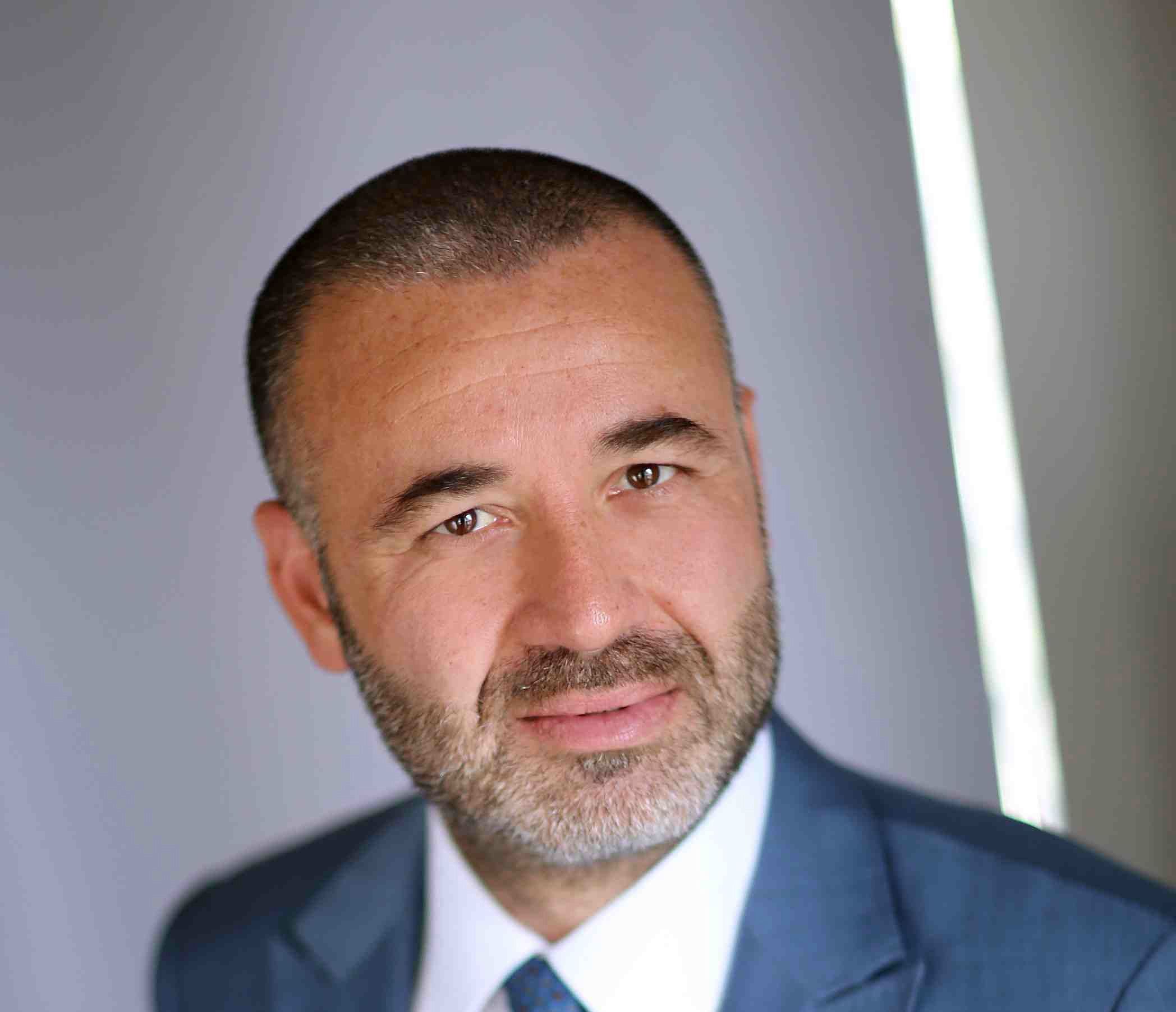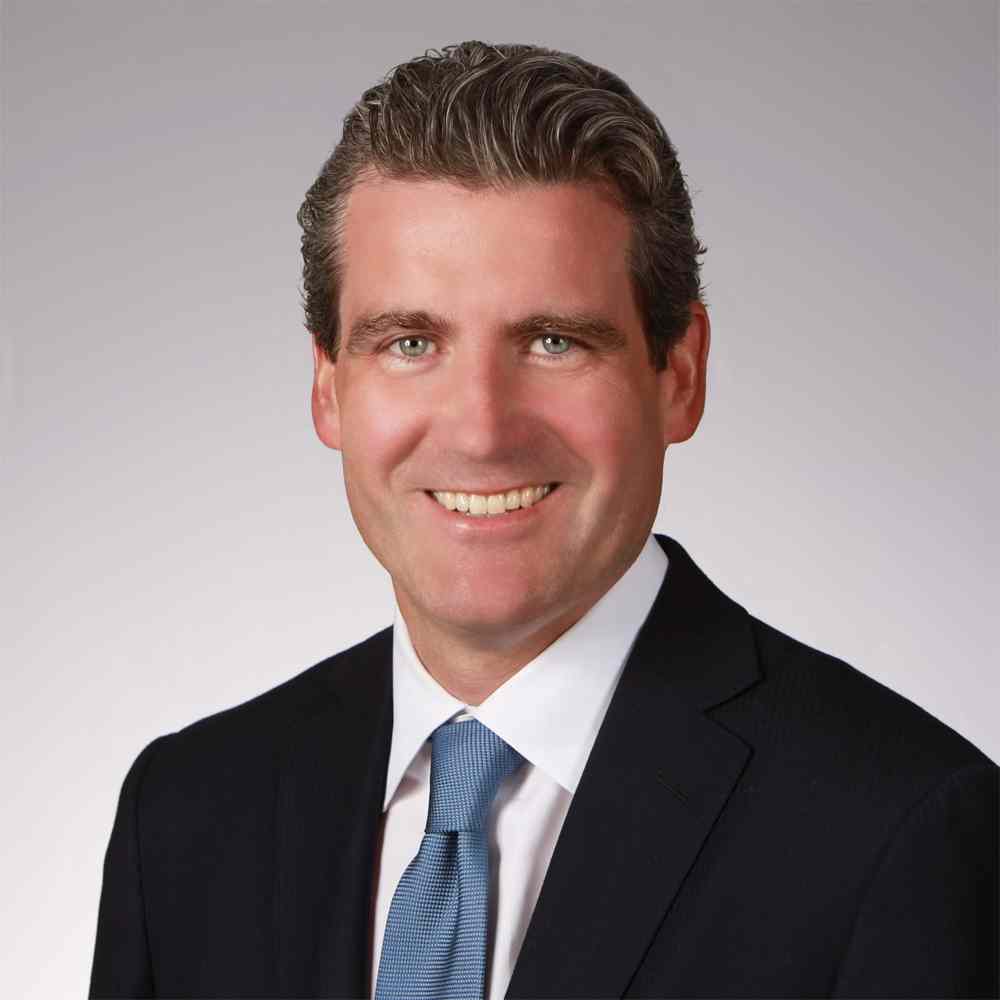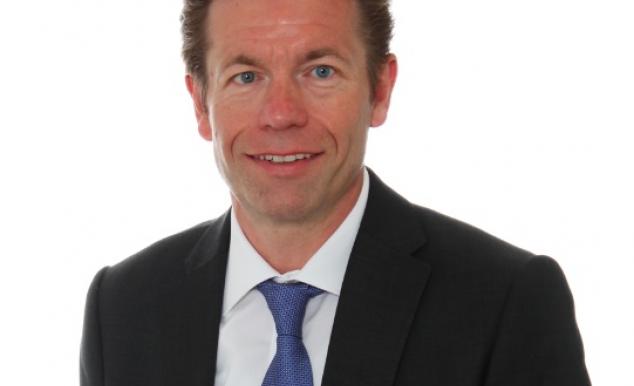The Typical UHNW Philanthropist Donates US$25 Million During Lifetime
| By Fórmate a Fondo | 0 Comentarios

Wealth-X and Arton Capital released this week a report that reveals that the typical ultra-wealthy philanthropist donates US$25 million over the course of his or her lifetime, is 64 years old, has an average net worth of US$240 million, and an average liquidity of US$46 million.
These are some of the findings of the inaugural Wealth-X and Arton Capital Philanthropy Report 2014 that examines the full spectrum of ultra high net worth (UHNW) philanthropic activities, identifies trends in UHNW giving, provides the profile and traits of ultra wealthy philanthropists, and highlights their motivations in contributing to charities across a range of areas and sectors.
The Wealth-X and Arton Capital Major Giving Index, which tracks trends in UHNW charitable giving, shows that the level of traditional philanthropic donations remains strong. The index has risen in the past few years, reaching a level of 220 in 2013 – making it the strongest year for UHNW giving since the 1997-8 global financial crisis, and only 12 points below the all-time high of 232 in 2006.
However, the report reveals that UHNW philanthropists are expanding their philanthropic approaches and activities, shifting from major giving towards self-sustaining projects and entrepreneurialism.
Here are some other key findings:
- Major giving to educational causes accounts for 40 per cent of all UHNW donations, three times more than the amount given to health causes.
- Individual gifts by UHNW female major donors, on average, is 26 per cent larger than their male counterparts.
- The global UHNW population, which comprises 0.003 per cent of the world’s population, holds 13 per cent of the world’s total wealth.
- Nearly 70 per cent of UHNW philanthropists are self-made and actively contribute to programs that aim to increase entrepreneurialism.
- Impact investments, such as social bonds, will account for 1 per cent of professionally managed assets within the next 10 years.
- On average, American households donate US$3,000 annually to charity. A UHNW philanthropist with a net worth of between US$30-49 million typically donates at least US$60,000 annually.
- Billionaires give the most to charity. On average, members of this top-tier wealth segment have donated US$108 million in their lifetime.
- Philanthropic bequests are expected to reach US$86 billion in the next 10 years.
The report is supported by knowledge partners, Charities Aid Foundation, Global Citizen Foundation, International Youth Foundation and Population Services International, who provide commentary and case studies.
“Globally, we are witnessing an evolution of philanthropy as it expands from ‘traditional’ philanthropy – involving financial contributions and donations – to cutting-edge approaches such as venture philanthropy, microfinance, impact investing and job creation,” said Mykolas Rambus, CEO, Wealth-X. “Ultra wealthy philanthropists are increasingly focusing on philanthropic initiatives that provide long-term solutions by enabling the less fortunate to seize opportunities through entrepreneurialism, and using their own business acumen to measure the effectiveness of their philanthropic endeavors and to maximise their returns.”
“This is another initiative in our corporate strategy to encourage the discussion about the responsibilities of global citizens in addressing the social and economic dimensions of sustainable development,” said Armand Arton, President and CEO, Arton Capital. “Our strategy includes sharing more and more information about the role of the wealthy in these important processes. One of our strategic goals is to engage all involved stakeholders in a constructive dialogue on how to more efficiently interconnect global citizens so that their joint efforts become a force for bridging the widening socio-economic gap.”




